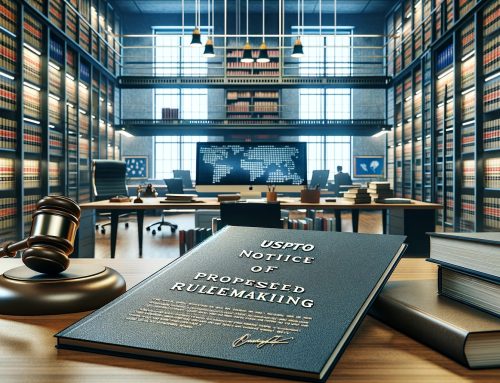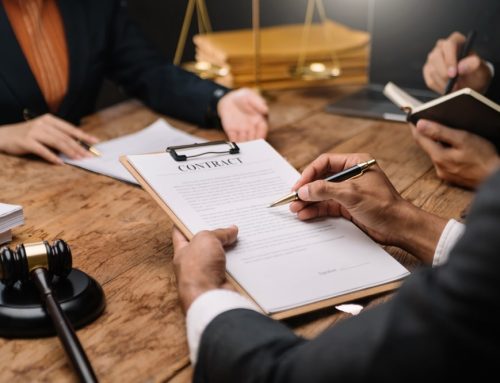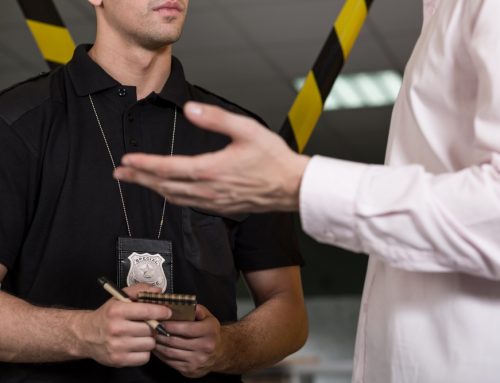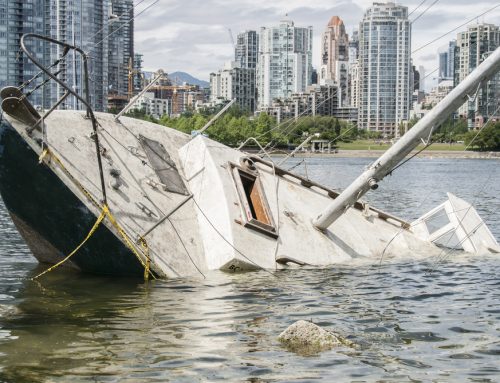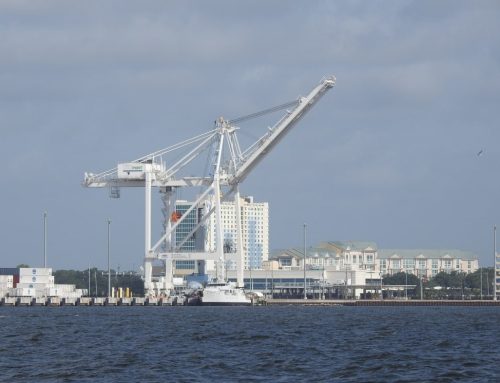Determining who is to blame is an important first step in the aftermath of a car accident because it may be a frightening and confusing process. The amount of compensation you might get for your injuries and losses depends on who is to blame. A car accident attorney is the person best positioned to advise you whether you have a case after a car accident.
Here are some crucial elements to take into account when evaluating liability in an automobile accident:
Traffic regulations: Knowing the relevant traffic regulations is the first step in assessing fault. This covers right-of-way laws, speed restrictions, and traffic lights.
Evidence: Collect as much documentation of the accident as you can, including photos, witness accounts, and the police report. This information can be used to determine what occurred and who is to blame.
Insurance: The involved insurance firms will also carry out their own investigation and may employ different standards to establish liability.
Opinion of an expert: In some circumstances, it can be necessary to seek the advice of an expert, like a collision reconstruction specialist, to help ascertain fault.
Consider speaking with a personal injury lawyer if you are unsure of who is to blame for an automobile accident. In order to ensure that you obtain the compensation you are entitled to, Tucker Law’s skilled attorneys can examine the available evidence and communicate with insurance providers.
Since several cars frequently stop at the same moment at a four-way stop, determining culpability can be difficult. However, there are particular laws and rules that apply in these circumstances, which can aid in identifying the responsible party.
The first car to stop has the right-of-way at a four-way stop, according to the basic rule. The car on the right has the right-of-way if two vehicles arrive at the stop sign simultaneously. A driver may be held accountable for an accident if they break one of these guidelines.
When establishing who is at responsibility in a four-way stop accident, the following extra variables should be taken into account:
Speed: A driver may be held responsible if they were going too quickly to stop in time or were speeding.
Distracted driving: If a driver does not observe the stop sign because they were texting or eating while driving, they may be at blame.
Signal lights: The driver may be at fault if they neglected to utilize their turn signal or failed to indicate that they were turning.
Obstructions: The city or property owner may be held accountable if a driver was prevented from seeing the stop sign owing to an obstacle, such as a parked automobile or overgrown vegetation.
To book a consultation and learn more about your legal options, contact us at 1-800-TuckerWins right away.



